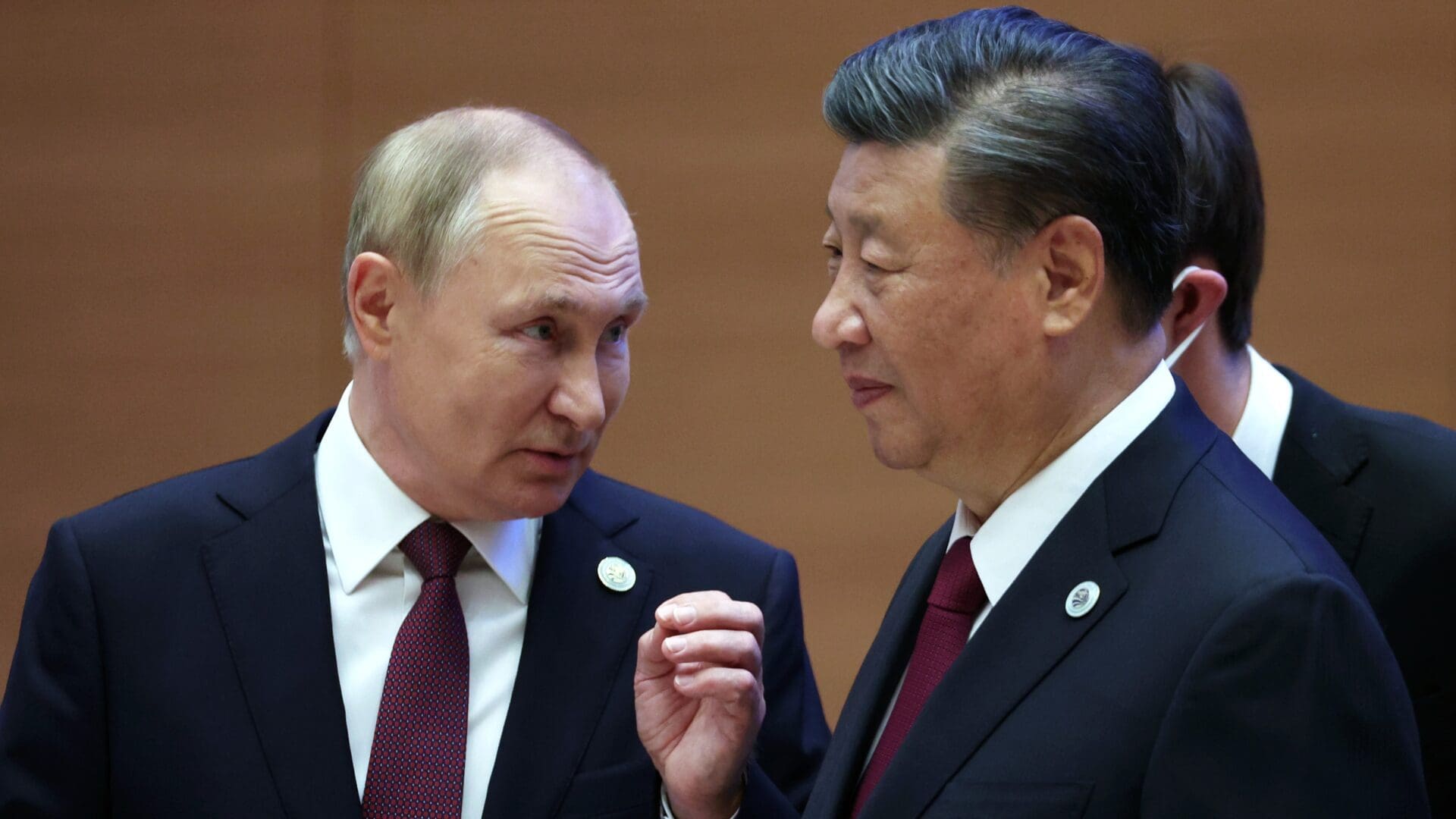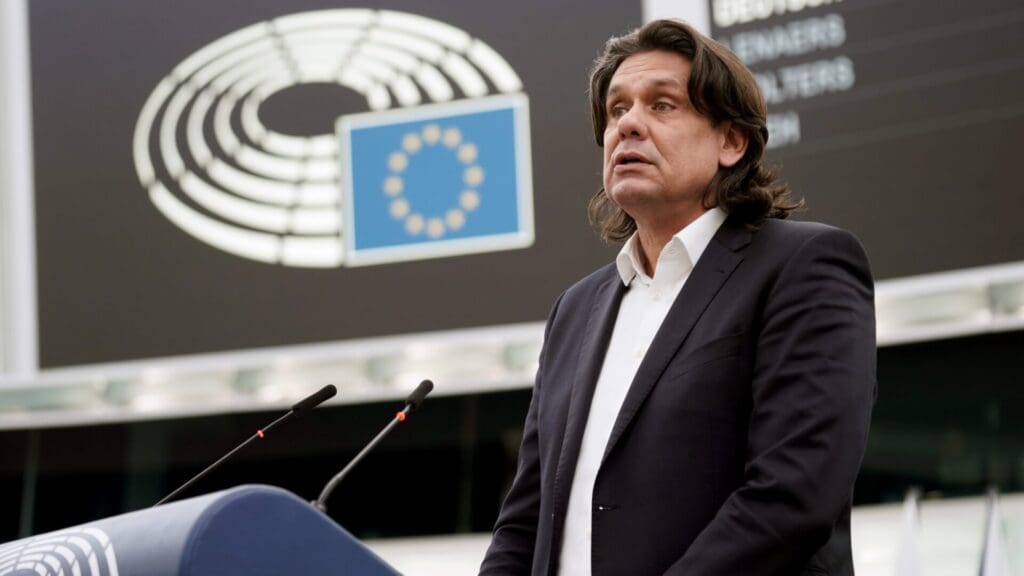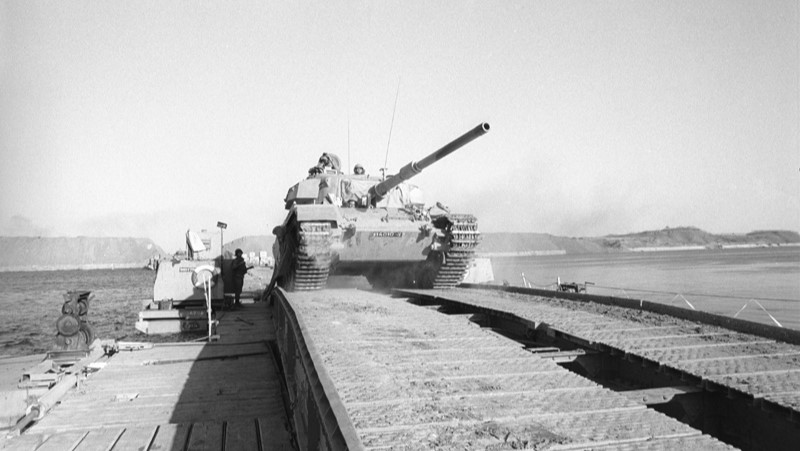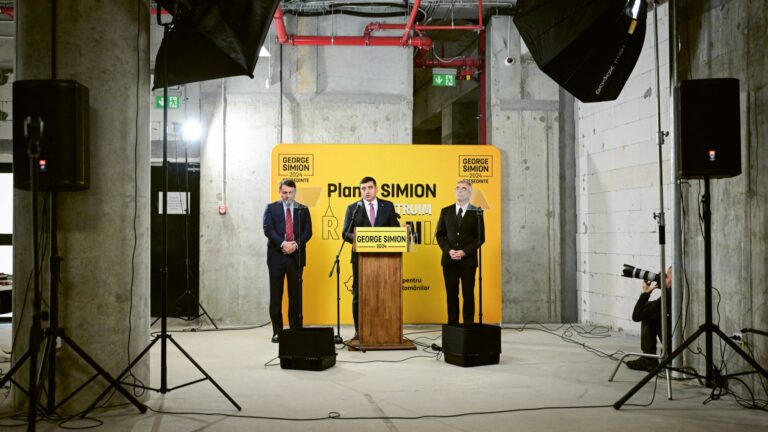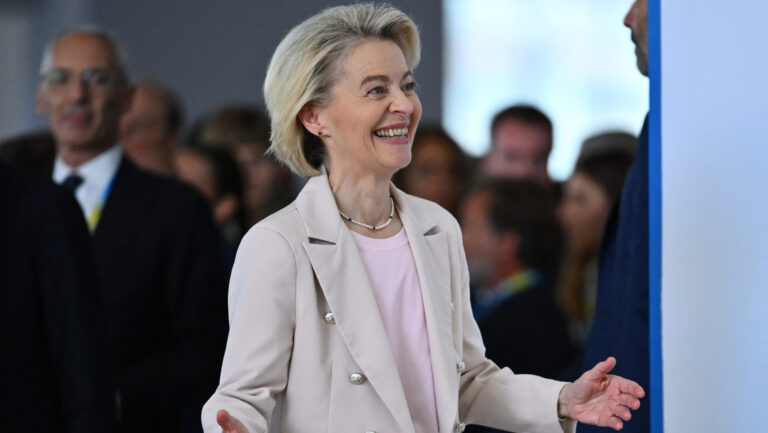Although a year has already passed since the Russian invasion of Ukraine, the international community is still grappling with how to pressure Russia into ending the conflict and withdrawing its troops from Ukrainian territory. One of the key tools that Western countries have used to try to force Russia to comply with international law and respect Ukraine’s sovereignty is economic sanctions.
Despite the economic pressure, however, Russia has shown no signs of backing down. In fact, some experts argue that the sanctions have actually strengthened President Vladimir Putin’s grip on power, by allowing him to portray Russia as a victim of Western aggression and rally nationalist sentiment at home.
Others warn that escalating sanctions could lead to a wider conflict, with Russia responding with its own measures against Western countries. Moscow can actually decide not to supply any fossil fuels or nuclear technology to an adversarial Europe, which would hit several EU members states hard.
While both the United States and the EU consider sanctions as paramount in cornering Russia, there is debate about whether they are the most effective way to achieve a resolution to the conflict. Some argue that sanctions alone will not be enough to change Russia’s behaviour, and that a combination of diplomatic pressure and economic incentives may be necessary to bring about a lasting peace. Others, however, believe that only even stronger sanctions, cutting Russia off of all state-of-the-art products such as semiconductors, can force the Kremlin to comply with international law and respect Ukraine’s sovereignty.
How The Sanctions Evolved
Following Russia’s invasion of Ukraine on 24 February 2022, countries that had not previously participated in sanctions, such as South Korea and non-UN member state Taiwan, decided to impose sanctions against Russia. Singapore also joined in, announcing on 28 February that it would impose banking sanctions against Russia, making it the first country in Southeast Asia to do so. The sanctions were described by the South China Morning Post as being ‘almost unprecedented’ and included materials that could be used for weapons against Ukraine, as well as electronics, technology devices and other related equipment. The Central Bank of Russia was also blocked from accessing more than $400 billion in foreign-exchange reserves held abroad, and the European Union imposed sanctions on several Russian oligarchs and politicians.
While some countries like Serbia, Mexico, and Brazil opted not to participate in economic sanctions against Russia,
others began applying wide-ranging sanctions with the aim of crippling the Russian economy. These measures were seen as more than just normal sanctions and were described by BBC News’ Faisal Islam as a form of economic war. The goal of the sanctions was to push Russia into a deep recession, potentially leading to bankruptcy and hyperinflation. Targeting a G20 central bank in this way had never been done before. In response, Deputy Chairman of the Security Council of Russia and former president Dmitry Medvedev criticised the Western sanctions imposed on Russia, including personal sanctions, and called them a sign of ‘political impotence’ resulting from NATO’s withdrawal from Afghanistan. He threatened to nationalise foreign assets held inside Russia. On 14 March, US President Joe Biden’s national security advisor Jake Sullivan warned China that it would face consequences if it assisted Russia in evading sanctions.
On 1 March, Senator Roger Marshall proposed a bill to ban US imports of Russian oil, which was supported by several other Republican senators. The day before, Canada had already implemented a ban on all Russian petroleum imports. On 8 March, President Joe Biden ordered a ban on imports of oil, gas, and coal from Russia to the US. The EU and the UK also announced plans to ban Russian oil imports in 2023, and EU imports of oil from Russia decreased significantly. On 2 September, the G7 nations agreed to cap the price of Russian oil to limit Russia’s ability to finance its war with Ukraine.
The foreign ministers of the Baltic states called for Russia to be cut off from SWIFT, but some EU member states were initially reluctant to support the idea, due to their exposure to Russian banks and the development of an alternative messaging system by China. However, major Russian banks were eventually removed from SWIFT, and the West also placed sanctions on the Russian Central Bank to prevent it from liquidating assets to offset the impact of sanctions. Several countries, including China, Switzerland, Monaco, and Singapore, implemented economic sanctions on Russia as well.
On 28 February, Japan announced that it would impose sanctions on Belarusian organisations and individuals, including President Aleksandr Lukashenko, due to Belarus’ involvement in the invasion of Ukraine. Japan’s central bank also stated that it would limit transactions with Russia’s central bank. However, payments for energy raw materials were reportedly spared from these measures. Meanwhile, the Central Bank of Russia was blocked from accessing more than $400 billion in foreign-exchange reserves held abroad, a move described by a former Russian deputy finance minister as a ‘financial nuclear bomb’ falling on Russia. The EU’s foreign affairs chief, Josep Borrell, stated that Western governments could not block the reserves of the Russian central bank in Moscow or China.
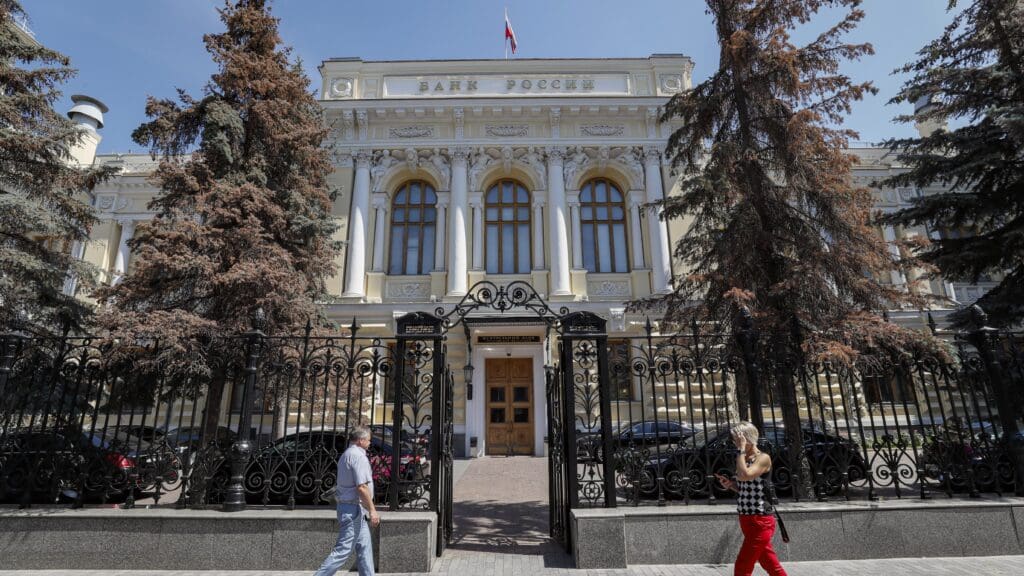
On 1 March, San Marino’s Grand and General Council authorised its government to take sanctions against Russia. The same day, France’s finance minister, Bruno Le Maire, stated that Russian assets being frozen by sanctions amounted to $1 trillion. South Korea also announced its intention to stop all transactions with seven main Russian banks and their affiliates, restrict the purchase of Russian treasury bonds, and join any further economic sanctions imposed against Russia by the EU.
Many companies voluntarily left Russian or Belarusian markets, or did so to avoid potential future sanctions following the imposition of sanctions and criticisms of their relations with Russian business. Major credit card companies, Visa, Mastercard, and American Express, independently blocked Russian banks as of 2 March. In addition, Credit Suisse issued orders to destroy documents linking Russian oligarchs to yacht loans following Swiss sanctions on Russia, leading to considerable criticism.
Hungary is Not Alone in Its Scepticism About the Sanctions
Italy, Hungary, Greece, France, Cyprus, and Slovakia are among the European Union member states that are the most sceptical about sanctions against Russia and have called for a review of the sanctions. Hungarian Prime Minister Viktor Orbán has stated that Europe ‘shot itself in the foot’ by imposing economic sanctions, while Bulgarian Prime Minister Boyko Borisov has said that Bulgaria has been severely affected by the sanctions. Miloš Zeman, who was the President of Czechia at the time, and Slovak ex-PM Robert Fico have also called for the sanctions to be lifted.
Even some former high ranking government officials and EU bureaucrats have spoken out against the sanctions.
Former German Economy Minister Sigmar Gabriel has argued that the Ukrainian crisis should be resolved through dialogue rather than economic confrontation, and former Italian Minister of Foreign Affairs, now EU Commissioner for Economy Paolo Gentiloni has stated that the sanctions ‘are not the solution to the conflict.’ Some companies, such as Siemens Gas Turbine Technologies LLC and Lufthansa Service Holding, have reportedly attempted to bypass the sanctions and export power generation turbines to the annexed Crimea.
In more generic terms, those critical of sanctions argue that they do not generally result in a change in the policies of the sanctioned nation and mostly hurt the civilian population who have little control over foreign policy issues. In March 2022, China expressed opposition to sanctions against Russia as punishment for invading Ukraine, and as a matter of fact, no country in Africa, Latin America or the Middle East has imposed sanctions on Russia. In September 2022, the Swiss People’s Party (SVP) supported a ballot initiative called ‘Pro Souveräne Schweiz’ (PSS) to amend Swiss neutrality and prevent economic sanctions against Russia.
Hungarian Exemptions
Hungary’s Minister of Foreign Affairs and Trade, Péter Szijjártó, announced in a video message in October that Hungary has successfully negotiated exemptions from European Union sanctions. These exemptions include pipeline deliveries of Russian crude and emergency replacement seaborne deliveries, as well as services and products necessary for the operation of existing and new nuclear power plants. Szijjártó also emphasised the importance of Hungary’s Paks nuclear power plant to the country’s energy supply and noted that the construction of two additional blocks at the plant is a ‘cornerstone’ of Hungary’s secure energy supply.
Conclusion
The entire, extensive list of EU sanctions can be read here. But however long the list is, the question that remains is whether they have been successful and what they have achieved. Recently, Brussels announced that they are going to impose yet another set of sanctions of Russia in hopes of stopping the aggression.
The harsh reality, however, is that after a year of striking Russia with sanctions, the expected economic ruin of the aggressor did not materialise.
Russia has extensive reserves and trade routes with countries that would not participate in the sanction regimes, such as rising global power India, not to mention their massive domestic finances.
In fact, sanctions did not push Russia toward bankruptcy, but have made life significantly harder for many EU countries. Due to the imposed sanctions, grocery and utility costs have risen throughout the member states by a significant extent. This caused inflation and prices to skyrocket all over Europe. And while large countries could touch their reserves and look for other avenues to stabilise their finances, smaller EU states such as Hungary that still rely massively on Russian imports took the hit head on. The Hungarian government has so far been successful at keeping the economy stable, despite the crippling effect of the EU sanctions policy. Thanks to the exemptions and new energy deals with Russia, the government has been able to keep utility costs at a reasonable rate—one of if not the lowest in the EU—while also slowing down the two-digit inflation.
To conclude, the Western sanctions looked good on paper before they were implemented. However, practice showed that Russia was barely hurt by them, while EU countries, especially the smaller economies, have suffered tremendously. The harrowing outlook is that if peace is not achieved soon, more sanctions are set to be imposed upon Russia, and their trade patterns. And while there is a chance that eventually this will bring their economy down and Putin to heel, the Russians have much more to fall back on than the smaller EU countries mentioned before. Therefore, while sanctions may achieve their goals in the long-term, smaller countries in the bloc are set to go into recession before Russia, making the whole sanctions exercise an expensive price—for a hoped but uncertain outcome—that ordinary people have to pay.

